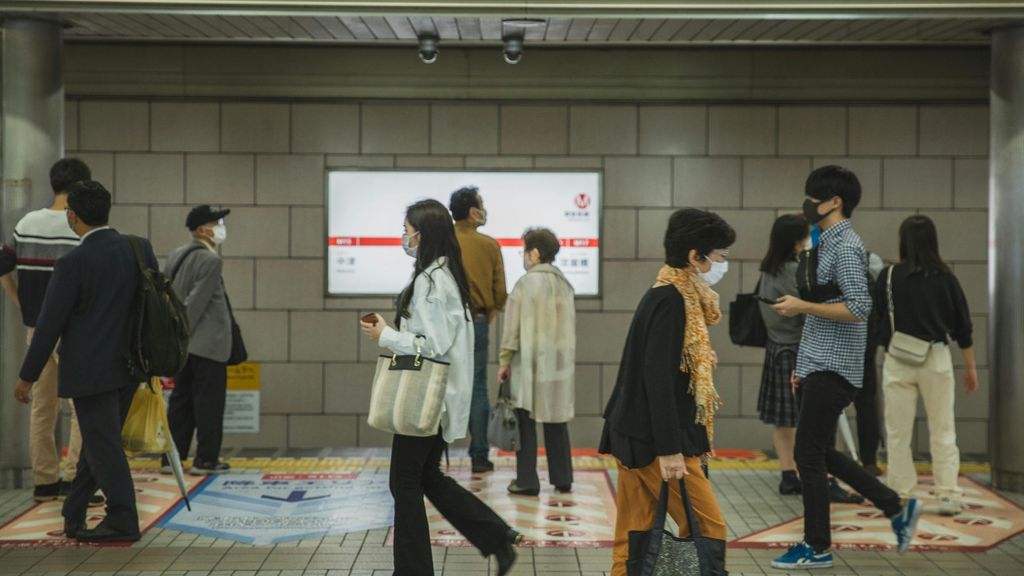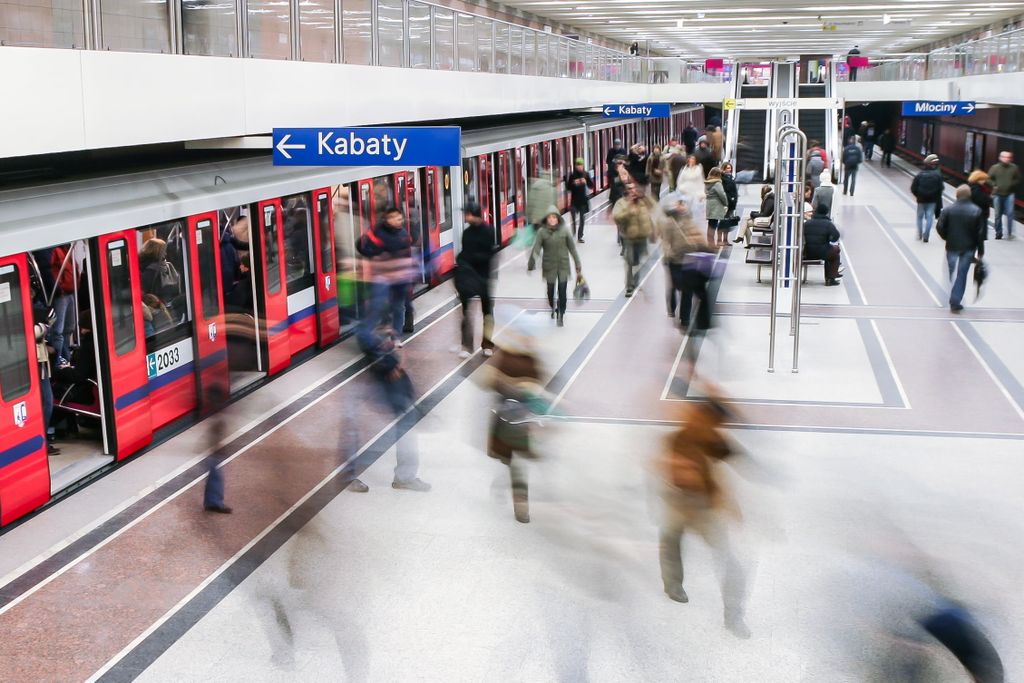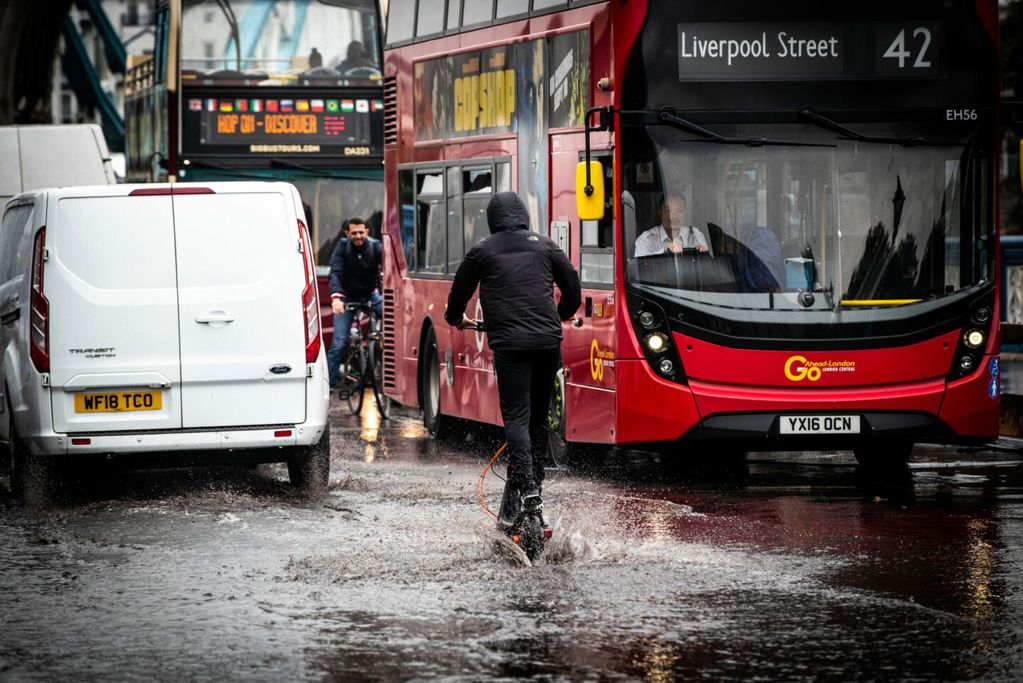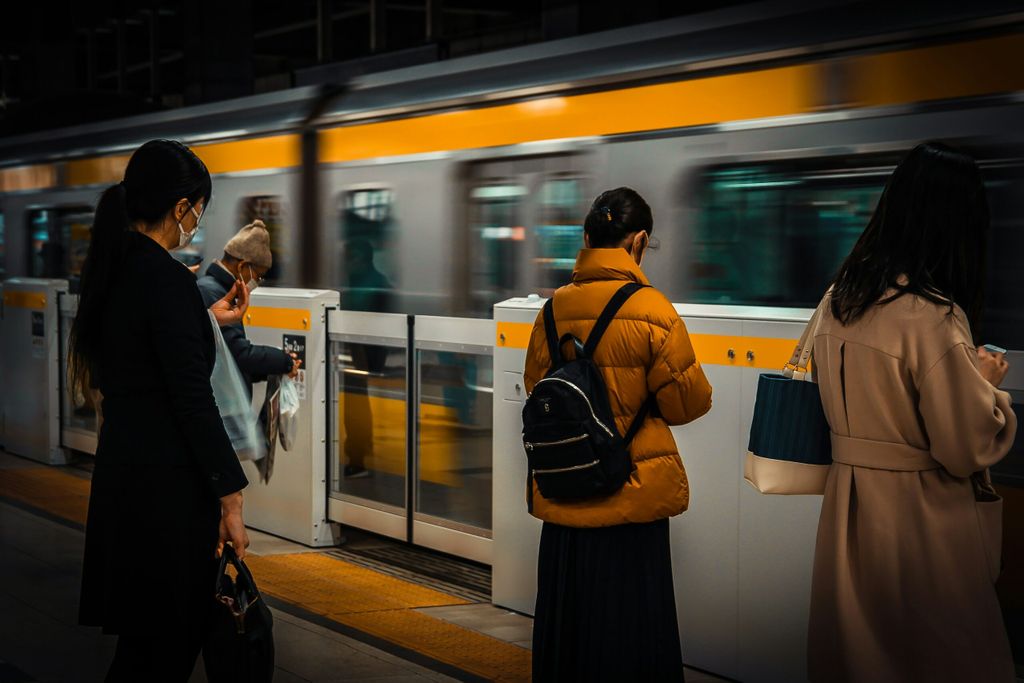
Almaty gathers public transport professionals from Asia-Pacific
Advancing Urban Public Transport and Digital Integration
The UITP Eurasia team actively participated in a series of significant ESCAP events held from May 28-30 in Almaty, Kazakhstan. Organized by the Economic and Social Commission for Asia and the Pacific (ESCAP), one of the five regional commissions of the United Nations, the events focused on finding sustainable solutions to development challenges. This three-day conference centered around the theme “Integration of Urban Public Transport Systems and the Application of Digital Technologies.”
Diverse Participation and Shared Experiences
The conference brought together transport authority representatives from a wide array of countries including Armenia, Azerbaijan, Bangladesh, Georgia, India, Kazakhstan, Kyrgyzstan, Malaysia, Maldives, Mongolia, Pakistan, Russia, Sri Lanka, and Tajikistan. These participants engaged in rich discussions, exchanging their experiences and insights on the development of public transport systems. The collaborative atmosphere highlighted that all represented countries are taking significant steps toward enhancing mobility through modern technologies and a shared vision of what contemporary public transport should encompass.
Key Insights
Dr. Feuzullah Gundogdu, Head of the UITP Eurasia office, provided an insightful presentation on UITP and the current development trends observed from the perspective of its members. He emphasized that while cities in the region are at different stages of development, they are universally progressing through various transport reforms.
Madan Regmi, Economic Affairs Officer at ESCAP, noted the region’s distinctive approach to micromobility and its innovative efforts to integrate ecology with traffic systems. However, he underscored the necessity for harmonizing public transport strategies across the region, a sentiment echoed by his ESCAP colleague Changju Lee.
Addressing Sustainability and Inclusivity
Yelena Yerzakovich, an independent transport expert from Kazakhstan, introduced the ESCAP-prepared guidelines for assessing transport system sustainability. The Sustainability Urban Transport Index, featuring 10 indices, provides a comprehensive assessment of urban transport systems from economic, accessibility, and environmental perspectives. Yerzakovich shared findings from a recent passenger survey conducted in Almaty (March-April 2024), revealing that 87% of respondents prefer public transport. She highlighted the importance of viewing passengers as clients who demand quality services.
Kassiet Omarova, Head of the Inclusive Office of the Almaty City Administration, discussed the ongoing efforts to create an inclusive transport environment. The goal is to enable people with disabilities to travel independently, without additional support.
Almaty’s Transport Development: Facts and Figures
Total number of buses: 86,000
Buses in operation: 15,913 (10,525 in urban operations)
Required buses: 19,027
Buses under 7 years: 6,608
Buses needing renewal: 9,905
Buses to be purchased: 12,209*
Main bus producers: QAZ TEHNA, SARYARKAAVTOPROM, HYUNDAI, SEMAZ (annual production: 4,800 units)
The vehicle fleet is undergoing renewal, with investments increasing. Passenger flow has more than doubled. However, current concerns have shifted from vehicle quality to safety and driving quality. Driver shortages remain a significant issue.
* data obtained from event presentations
Future Directions and Challenges
Artur Shakhbazyan, Head of the Transport Project Office established in 2023, reported on the challenges still faced, including legislative constraints on cost compensation for operators, monitoring operator requirements, and developing standards for operator contract termination. He emphasized the need for a unified legislative stance among Kazakh cities and addressing the specific public transport connectivity needs of smaller cities.
Kazakhstan’s public transport stakeholders engaged in active discussions on these topics, striving for comprehensive and inclusive solutions.
For more detailed information about the event, please visit the event page at ESCAP site
The event marked a significant step forward in regional cooperation between UITP and ESCAP in Eurasia.
The advancement of sustainable urban transport systems through the application of digital technologies requires sharing experiences and collaborative spirit demonstrated the collective commitment to improving public transport for a better, more connected future.








